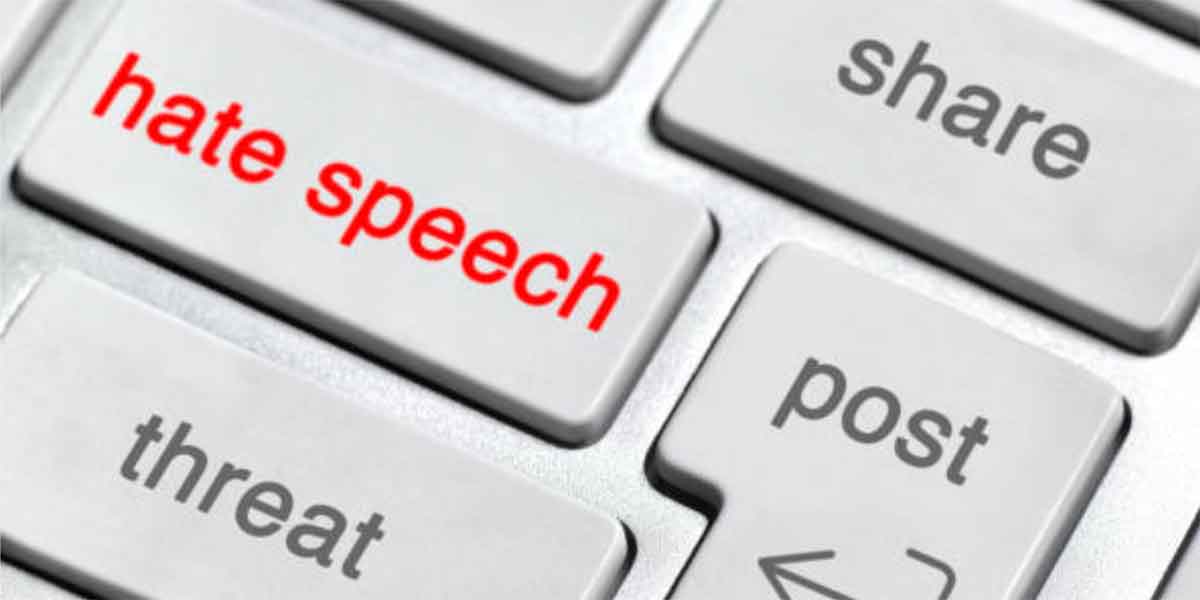
Even though most netizens enjoyed and celebrated the move to cut off the account of Donald Trump, the first US President to have been impeached twice, some opine that it was long overdue and should have happened way before than it did.
Some civil rights groups and lawmakers have said that the internet companies have allowed misleading content to proliferate for too long, resulting in dangerous consequences. In India, for years, Facebook and Twitter have largely rebuffed complaints to remove hate speech or other incendiary comments made by public figures and government officials that civil society groups said risked inciting violence.
The demand now is to urge social media companies to apply their policies evenly, particularly in countries where such platforms dominate communications and also take cognisance of the varying political climate in different countries.
Mishi Choudhary, a technology lawyer and founder of the Software Freedom Law Centre, a digital rights group in India told The Telegraph, “Developments in our countries aren’t addressed seriously. Any takedown of content raises the questions of free expression, but incitement of violence or using a platform for dangerous speech is not a free speech matter but a matter of democracy, law and order.”
It is a known fact that giant technical networks and platforms have been mobilised in a way to enable horrific violence against Muslims and other minorities in India. Facebook, Twitter, WhatsApp have been carefully weaponised to perpetuate Hindutva notions and hound dissenters and critics of the Government.
Rohit Chopra’s Twitter account that ran for six years for a satirical tweet-poll about allegations against Amit Shah was suspended in 2020. He wrote, “Curiously, Twitter itself initially sent me an email, in response to a complaint someone had filed about the tweet, communicating its decision that the tweet-poll did not violate Twitter’s rules. I was puzzled when the account was then suspended anyway. Perhaps, Twitter executives were rattled by the barrage of outraged tweets from trolls about the joke.”
He added, “Yet, even granting that Twitter India’s executives were incapable of understanding satire or unable to follow their own principles consistently, the company has allowed, and continues to allow, far worse sentiments to be routinely expressed on what may be termed “Indian Twitter” – as long as these views are generated by those with sympathies for the ideology of Hindutva. During the time that I was on Twitter, for instance, I received several death threats from Hindutva trolls. Twitter did not respond to any complaints about these tweets.”
Besides India, countries like Sri Lanka, Myanmar Ethiopia have also struggled and pleaded for social networking groups to block the spread of hate that eventually provokes violence in their respective counties. David Kaye, a law professor and former United Nations monitor for freedom of expression, has also remarked that political figures in India, the Philippines, Brazil and elsewhere deserve scrutiny for their behaviour online.
Moving on from Trump’s account suspension, there certainly seems to be some hope in the increasing demand to rein in hate filled content and apply new speech standards in India and elsewhere.
Related:
Facebook, Twitter suspend Trump’s accounts
Trump supporters attempt to take over US Capitol
Facebook protects hate speech by ‘regime favourites’ of ruling BJP?
Dear Mark Zuckerberg, time to speak up against hate speech on Facebook
